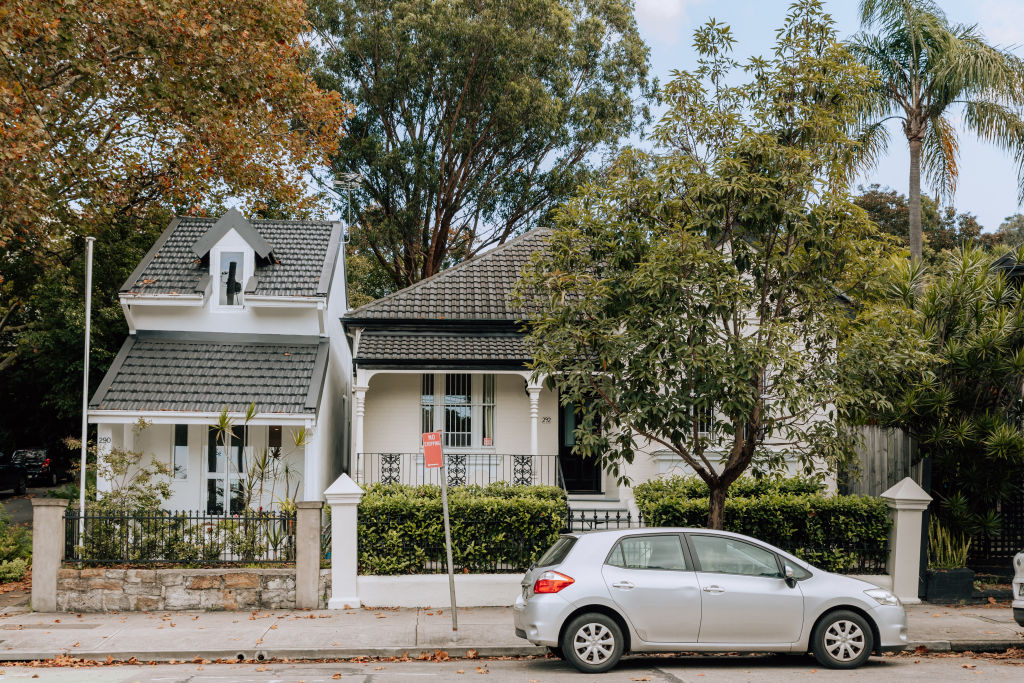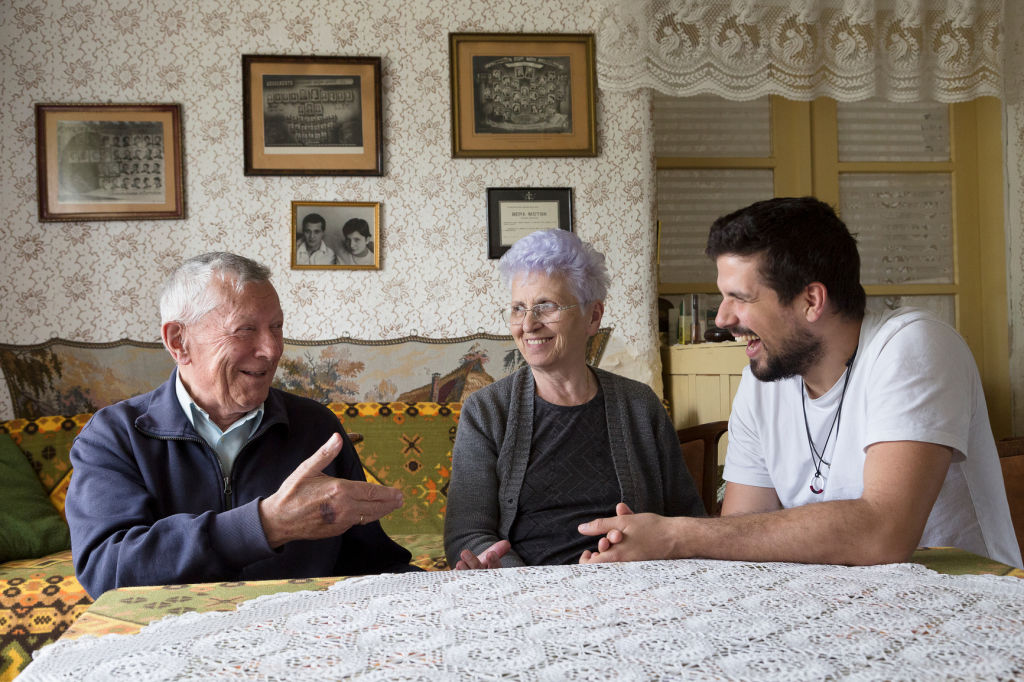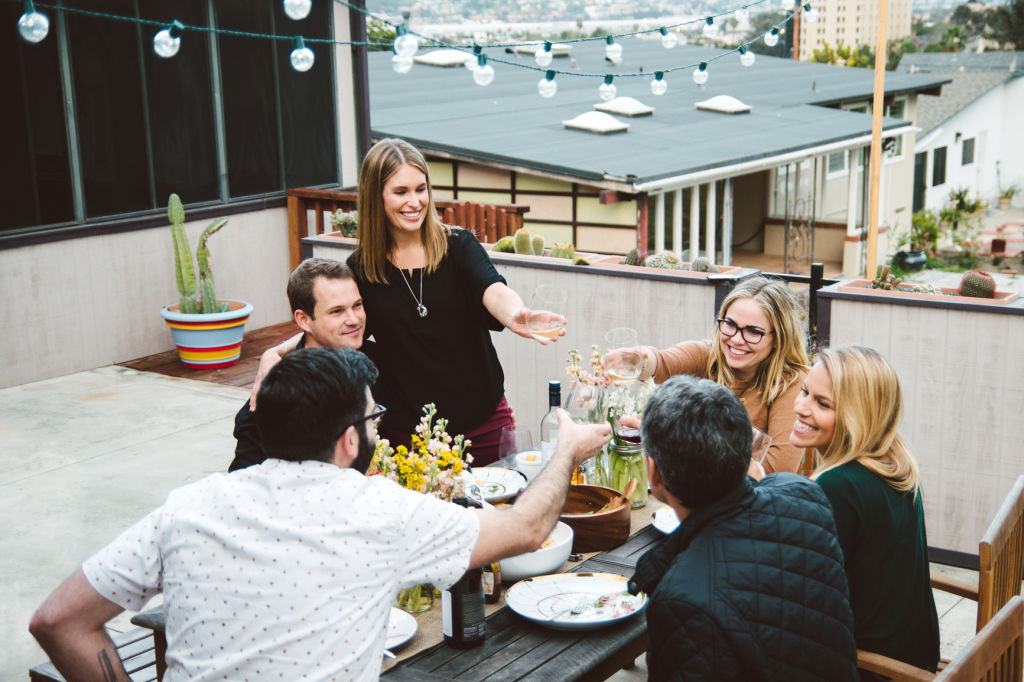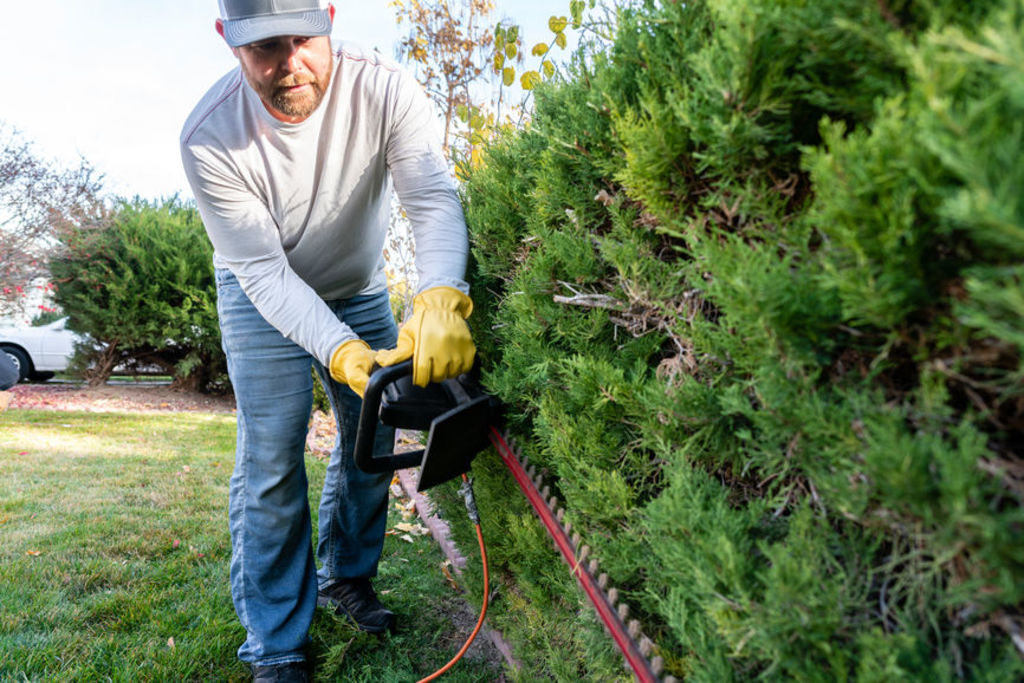What are the etiquette rules for a peaceful neighbourhood?

Everybody needs good neighbours. They can keep an eye on your property when you’re on holiday, provide that cup of sugar when you run out or host the street Christmas party.
There’s a fine line between being a recluse and invading someone’s personal space, especially when the back fence is low. So, how do you start the relationship on the right foot?
Motivational speaker Sarah Morse moved house a year ago and struck it lucky with her next-door neighbour.
“We literally met over the back fence. Called out, ‘Hello, you must be the new neighbours,’ and the rest is history,” Morse says.

They bonded over the fence, chatting through working-from-home woes while their children swapped lollies. After lockdown, this was exchanged for cups of tea and playdates, swims in the pool and neighbourly help.
Making the first move
“Traditionally, neighbours would come to you with a homemade cake and welcome you to the neighbourhood,” says Treska Roden, director of the International College of Etiquette.
If the smell of baked goods is missing from your neck of the woods, perhaps knock on the door and invite them around for a cuppa. If you feel that’s a bit intrusive, try the old-fashioned snail mail.
“Put a little note in your immediate neighbour’s letterbox to start with, just saying, ‘Hi, my name is so and so, and I’ve just moved into number 21. I’d love to meet you. Would you like to come over for a coffee?’” she says.
Otherwise, you could take advantage of when they walk the dog or weed the front lawn and introduce yourself.

How much interaction is OK with neighbours?
With potential friends literally at your doorstep, overstepping the mark could backfire.
“Don’t barge in. Just feel the way with people and it’ll work out. It’s a two-way street. Oh! I didn’t mean that as a pun,” says Roden.
Often kids will bring neighbours together and can set the tone for the next few years.
Bumps in the road
Neighbourly relationships can be tested when there’s a party, barking dog or renovations planned. The key here is to be considerate of those around you.
“I think it would be very polite to let the neighbours know that you have your renovations approved by the council,” Roden says.
Once the renovations are underway, keeping the neighbours in the loop will show you’re being considerate.

“If you’re having a very noisy jackhammering day, just let them know. ‘Look, I’m really sorry, but today there is going to be some jackhammering.’ Anything that’s going to affect them, noise and dust, it would be very nice to let them know. That would be establishing a good relationship with them.”
If you’re planning a party, let the neighbours know the details, such as when the music will be turned down. And make sure you stick to your plan.
Dogs can cause friction between neighbours, too. Legally, you can keep a dog in your yard and walk it in your street on a lead. But, sometimes keeping the peace means going a step above the law. If it’s not too much of a burden, why not?
“If you know you’ve got a neighbour who’s scared of dogs, then don’t walk your dog on that side of the road. Be considerate of the fact that the neighbour is scared,” Roden says.
“Etiquette and politeness can be another thing on top of, not instead of, the law.”
We recommend
States
Capital Cities
Capital Cities - Rentals
Popular Areas
Allhomes
More
- © 2025, CoStar Group Inc.










